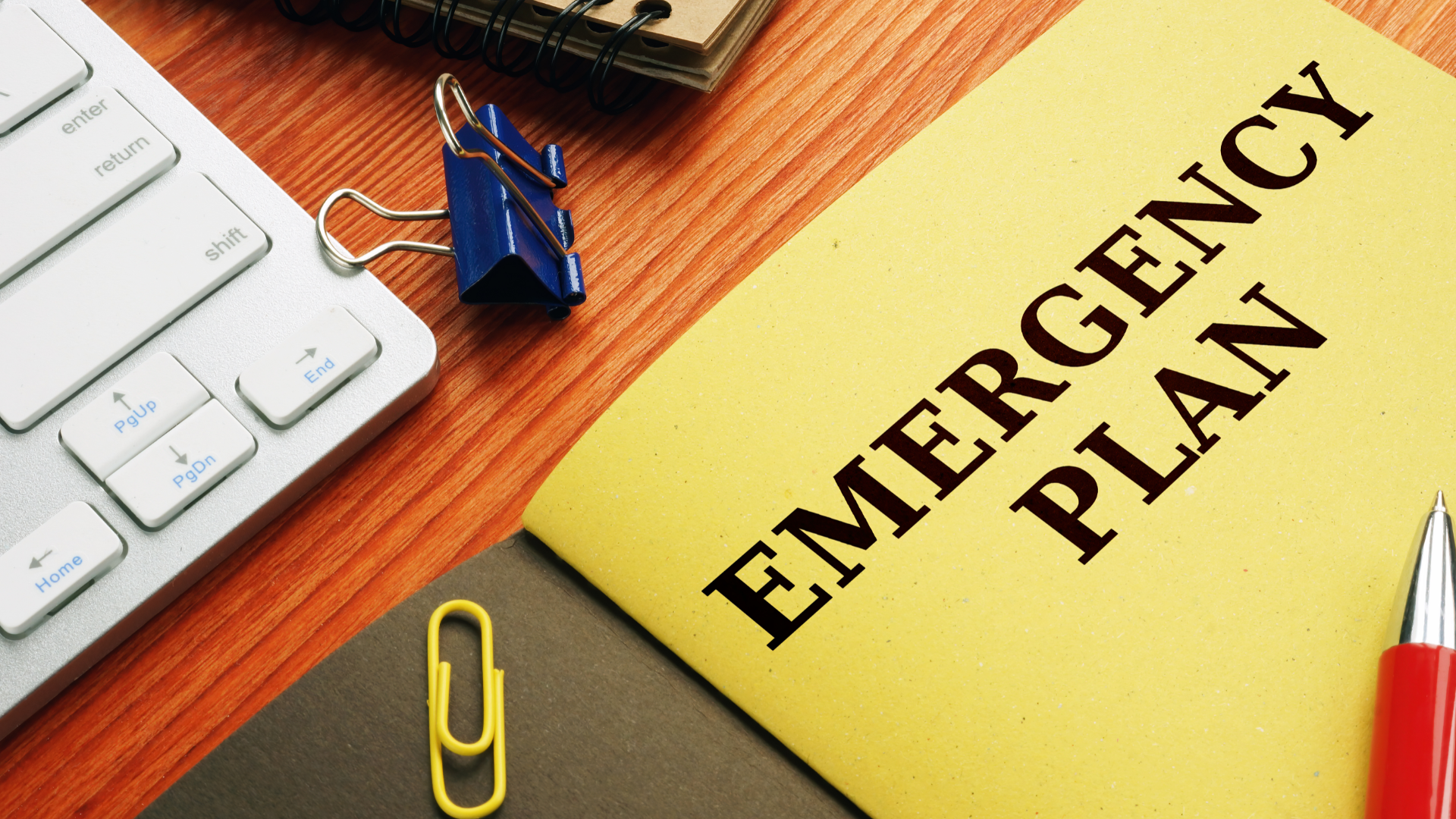
Emergency Preparedness for Perth Landlords: What You Need to Know
As a landlord in Perth, you are not only responsible for maintaining a safe and comfortable living environment for your tenants but also for ensuring that your property is prepared for unexpected emergencies. From natural disasters to plumbing failures, emergencies can happen at any time. Being proactive and prepared can save you time, money, and stress in the long run, while also keeping your tenants safe and satisfied.

In this blog post, we’ll outline the key aspects of emergency preparedness every Perth landlord should know to protect their investment and ensure a smooth response in the face of an emergency.
-
Know Your Responsibilities Under the Law
As a landlord, you have a legal obligation to maintain your rental property in a safe and habitable condition. In emergencies, it’s crucial that you act swiftly to resolve any hazards or damage. Under the Residential Tenancies Act in Western Australia, landlords must ensure that their properties meet certain safety standards and are free from risks such as faulty wiring, gas leaks, or water damage.
By being familiar with your legal responsibilities, you can better prepare yourself for any situations that may arise. If your tenants report an issue, it’s important to address it quickly to avoid potential penalties or legal ramifications.
-
Create an Emergency Plan for Tenants
One of the most important steps in emergency preparedness is ensuring your tenants know what to do if something goes wrong. Whether it’s a fire or electrical failure, your tenants should have clear instructions on how to handle various emergencies.
What to include in your emergency plan:
- Contact Information: Make sure tenants have easy access to emergency contacts, local emergency services (fire, police, ambulance), and relevant repair contractors (plumbers, electricians, etc.).
- Emergency Evacuation Procedures: Provide clear instructions for evacuating the building in case of fire or gas leaks. Ensure tenants know the nearest exits, where to meet outside, and how to contact authorities.
- Utility Shut-Off Locations: In case of a plumbing or electrical emergency, tenants should know where to locate the main water shut-off valve, gas valve, and electrical circuit breakers.
It’s a good idea to provide this information in writing and also have it displayed in a prominent location, such as the kitchen or near the front door.
-
Inspect and Maintain Property Features
Regular inspections and maintenance are key to preventing emergencies before they occur. A well-maintained property is less likely to suffer from unexpected failures, which can lead to expensive damage or tenant inconvenience. Ensure you regularly check the following areas:
- Electrical Systems: Regularly inspect wiring, circuits, and appliances for signs of wear and tear to prevent electrical fires. Hire a licensed electrician for any upgrades or repairs.
- Plumbing Systems: Regularly check for leaks in pipes, taps, and drains. Ensure that hot water systems are functioning correctly and free of leaks to avoid potential flooding or water damage.
- Fire Safety: Ensure your property is equipped with smoke alarms, fire extinguishers, and clear fire exits. Test smoke alarms regularly, and replace the batteries when needed.
Taking the time to perform these checks on a routine basis will help you avoid sudden emergencies and protect your tenants from unnecessary risks.
-
Have Emergency Contractors on Speed Dial
In case of an emergency, you need access to reliable contractors who can quickly address issues like plumbing failures, electrical faults, or general property repairs. Having a list of trusted emergency service providers can make the difference between resolving the issue swiftly and facing costly delays.
Make sure you have the contact details of local professionals who can provide emergency services, including:
- Plumbers
- Electricians
- Building contractors
- Pest control experts
- Locksmiths
Having a network of experienced contractors you can call on at any time ensures you’re not left scrambling during an emergency.
-
Stay Communicative with Tenants
During an emergency, communication is key. Ensure that you remain available to your tenants in the event of an urgent situation. Keep them updated on repair timelines, evacuation procedures, and any other important details.
Let your tenants know they can reach you immediately in case of an emergency, and be responsive to their concerns. A tenant who feels supported during a stressful time will have a better experience and will be more likely to stay long-term.
-
Document Everything
In the aftermath of an emergency, it’s important to document the damage, repairs, and any communications with tenants. This documentation may be essential for insurance claims, legal purposes, or tax deductions. Take photos of any damage, keep records of repairs and maintenance, and maintain a paper trail of communications.
Conclusion
Emergencies are inevitable, but being prepared can significantly reduce the stress and financial impact on both you and your tenants. As a Perth landlord, ensuring that your property is well-maintained, your tenants are informed, and you have reliable contractors on hand will go a long way in making sure that you’re ready for whatever comes your way.
At We Love Rentals, we understand the importance of proactive property management and emergency preparedness. If you need help ensuring your Perth rental property is ready for anything, get in touch with us for expert advice and support.

